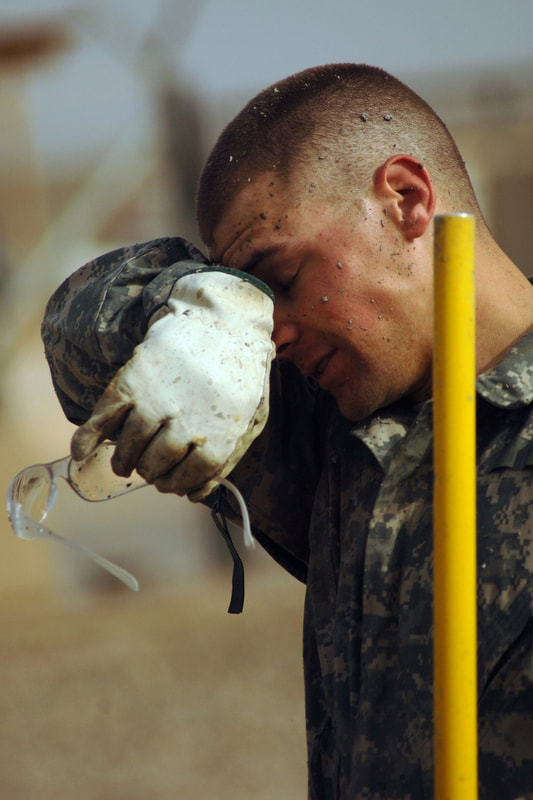HEAT STROKE Heat stroke is a medical emergency. You can die from it. Your body has used up all its water and salt and cannot cool itself. Your temperature rises to dangerous levels. Symptoms:
CONTROLS:
Here’s how to avoid heat stress in the first place:
0 Comments
Your comment will be posted after it is approved.
Leave a Reply. |
AuthorSTAC Admin Categories
All
Archives
July 2024
|
||||||||


 RSS Feed
RSS Feed